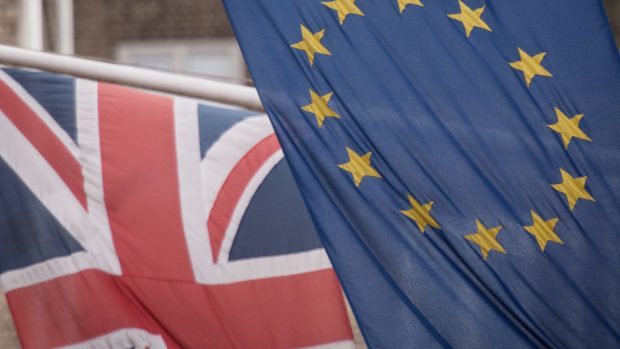English Labour MPs on the Commons Brexit committee blocked a call to seek “endorsement” from the devolved parliaments for the UK Government’s final EU withdrawal deal.
A new report, published today, reveals that Plaid Cymru’s Jonathan Edwards put this suggestion forward during discussions.
His proposed amendment read: “It is clear that the final negotiated settlement will impact directly on the functions of the devolved institutions.
“Therefore, the endorsement of the devolved parliaments should be sought for the final deal.”
SNP member Joanna Cherry and Liberal Democrat Northern Isles MP Alistair Carmichael were among five to back the idea.
But the English Labour MPs on the committee – excluding chairman Hilary Benn who doesn’t vote unless there’s a tie – sided with the Tories in rejecting the amendment, which was rejected.
Among them was prominent Brexiteer Michael Gove, the Conservative former justice secretary, who was raised in Aberdeen.
Mr Edwards accused the Labour MPs of blocking their Welsh government colleagues from having a say on matters of national importance.
But former shadow Scottish secretary, Ian Murray, now Scottish Labour’s Westminster spokesman, defended their stance.
The Edinburgh South MP said: “Rather than add anything constructive to the discussions about the most important decision for our country since the Second World War, nationalists are once again playing political games to score cheap points.
“It was Labour that forced the Tory government to produce a plan for Brexit, and we have been clear that we want to see the Scottish Government involved in the negotiations.
“However, Brexit should not be used as a false mandate from nationalists for a second independence referendum.”
Mr Carmichael pointed out he voted against various other nationalist amendments that sought to require consent by the devolved administrations.
But he added: “This one was different and required the UK Government to seek endorsement. This is a lesser requirement which reflects better the constitutional arrangements that we have and would force the two governments to co-operate and to communicate better.”
The Supreme Court is expected to announce its ruling on the Brexit challenge later this month.
It could mean that Theresa May must seek the consent of the devolved parliaments before she can trigger Article 50.
